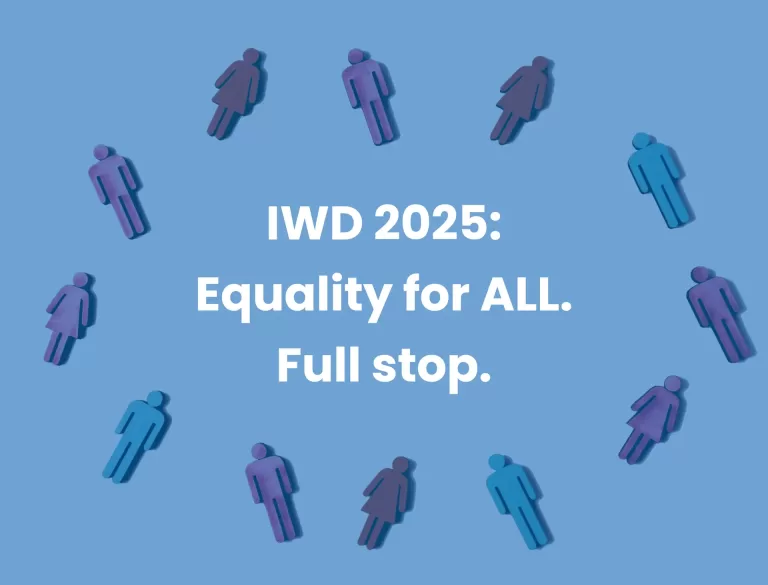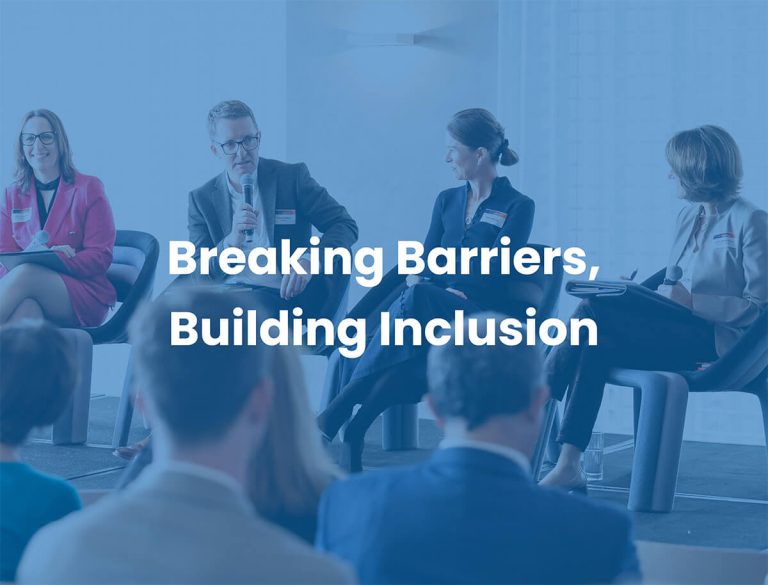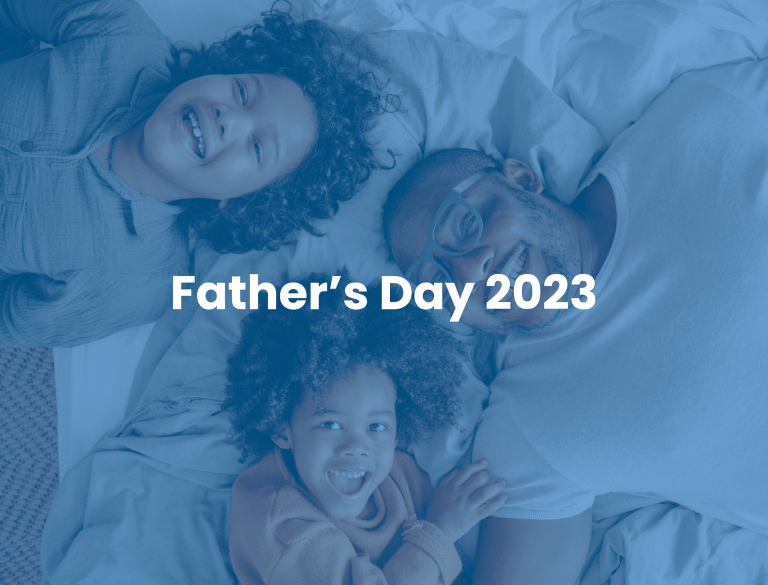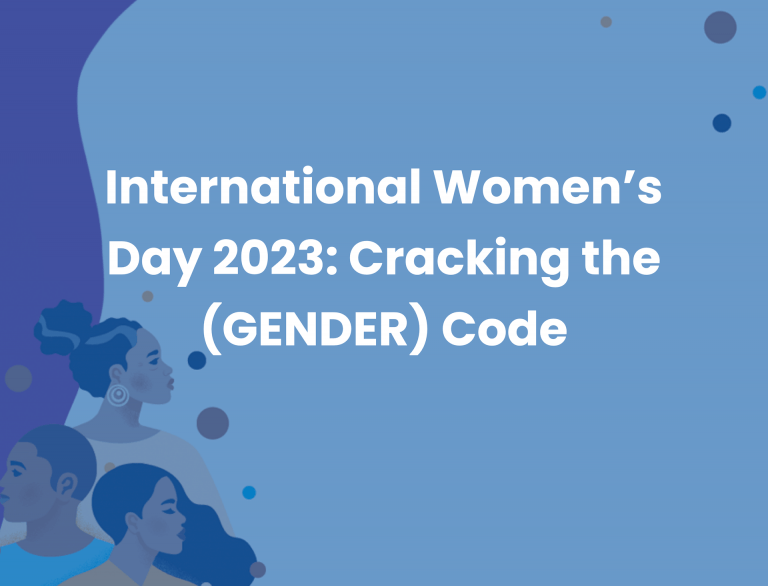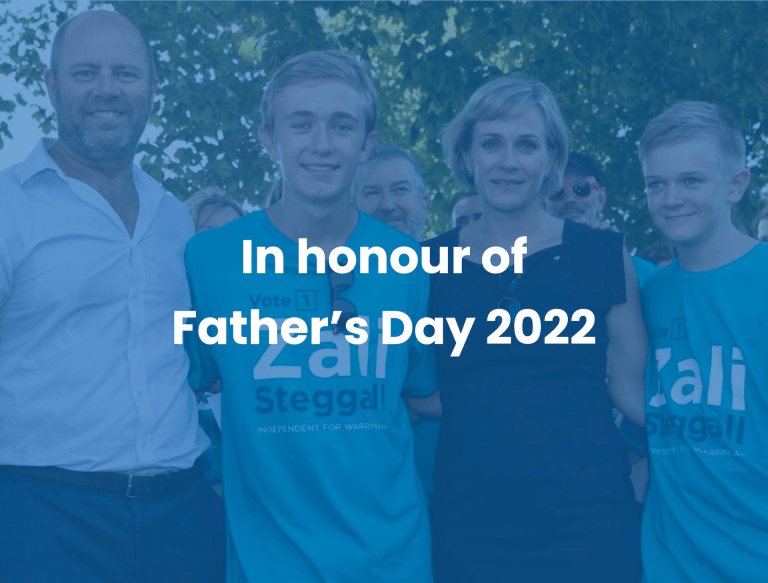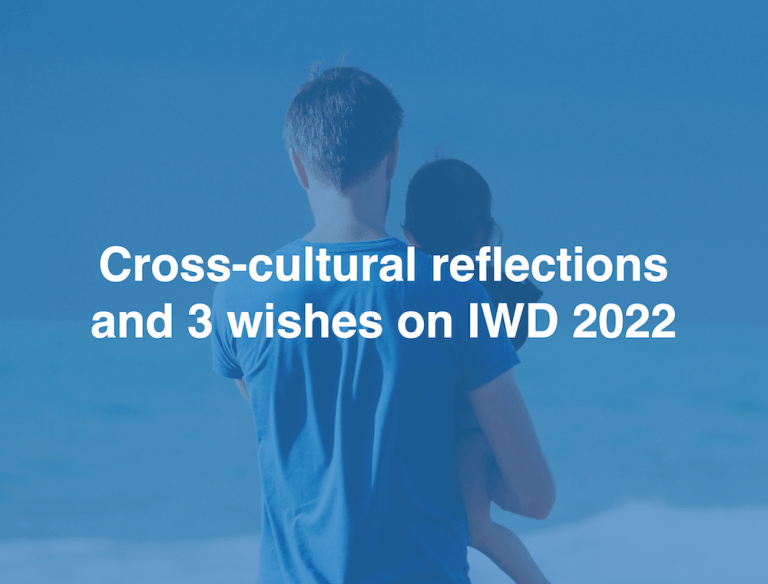COVID accelerates new era – where men embrace fatherhood and career
Before COVID-19, research revealed millennial dads were hoping to redefine fatherhood. They wanted greater work-life balance and a more meaningful role in their children’s lives. The pandemic brought a major opportunity for change. Could the latest generation of men be the one that transforms, once and for all, what it means to be a great dad?
Moving the dial on fatherhood
Attitudinal research from home and abroad shows that for many men, the dial is shifting on fatherhood. Promundo’s 2019 report, State of the World’s Fathers found 85 per cent of fathers in countries including Canada, the US and UK are willing to do anything to be very involved in the early stages of caring for their new child. A 2017 Nielsen survey found that 83 per cent of Aussie millennial men believe family was more important than career. Given there are over 870,000 millennial dads in this country, it is indeed an encouraging sign.
Dan Steur is one dad with such beliefs. A national manager with property group Mirvac, Dan accessed the firm’s flexible parental leave when his first son was six months old. For the next year, he worked three days a week and cared for his son the remaining two. “It was such a great experience forming a really close bond with Wolfie, I’m planning to do the same with our second son Hendrick—who just arrived a month ago” “It’s a real juggling act: working from home, taking care of a lively toddler and throwing a newborn into the mix. But I wouldn’t change it for anything. A delicate balance of competing priorities and strong communication is key to making it work.”
Different attitudes are driving new behaviours, according to 2016 research published by the Diversity Council of Australia. The Council found that 79 per cent of young fathers prefer to choose their own start and finish times, and the same percentage prefer to work a compressed week. A total of 37 per cent of surveyed dads said they had ‘seriously considered’ leaving an organisation because of its lack of flexibility.
Covid-19 challenges fatherhood myths
Is the fatherhood revolution right around the corner? Perhaps, but dads are overwhelmingly viewed as providers, not carers. Our community believes in the myth that mums are naturally better parents, and most organisations design parental support systems entrenching that belief. Men don’t have equal and fair access to parental leave. We offer months of leave to mums, but days to dads. Only half of the country’s large organisations paid ‘primary carers’ leave to both men and women. Only 43 per cent paid ‘secondary carers’ leave, the average time being a meagre 1.7 weeks. The Federal Government’s paid parental leave scheme is the second-worst in the OECD. Women are offered a scant 18 weeks of primary carers leave, and men are offered ‘Dad and Partner Pay’ of two weeks, both at minimum wage. Given Australia’s average gender pay gap is 13.9% (and up to 20% in some industries), a father taking any parental leave is unaffordable for most families.
Some white-collar firms offer generous parental leave packages equally to men and women, with a high degree of flexibility allowing families to tailor to their circumstances. However, they’re the exception to the rule, and men remain reluctant to apply for parental leave or flexible work, fearing reprisal or rejection by bosses, colleagues or clients.
Sam Donaldson is one of the lucky dads. A sustainability leader with construction company Laing O’Rourke, he recently accessed the company’s 18-week paid parental leave and extended unpaid leave to care for his daughter Mila. “Laing O’Rourke recognises the importance of providing family-friendly work practices and supporting all employees when they choose to take parental leave. Our leadership actively encourages both mums and dads to take the opportunity to look after their families and role models the same. As a result, 40% of applicants are now coming from male employees up from 19% in 2017. I still had some doubts though about my decision to take parental leave given it’s not the “societal norm”, particularly in our male-dominated industry. But I’m so happy I took up the opportunity and I won’t have any regrets. It’s such a privilege to care for Mila while she is so young, and to support my partner in taking on a new job.”
Covid-19’s devastating impact on millions of Australian households is undeniable. One positive however has been stigmas surrounding fathers breaking down. The percentage of people always working from home leapt from 7 per cent to 60 per cent overnight. About 40 per cent were often or always actively caring for children during work. Working dads and moms were suddenly at home with children all day, grappling with compressed family life and home-schooling while trying to maintain productivity and meet deadlines. Amidst the stress of this scenario, men were seen by colleagues as fathers and not just workers, perhaps for the first time. Children popped up on zoom meetings or were heard laughing, talking or crying in the background. The image of the working dad juggling family and career was being normalised. Crucially, men demonstrated that they could work flexibly from home, care for kids, and still get the job done, as moms have done for decades.
Gene Kubala’s is a compelling COVID-19 story. A project delivery consultant with global engineering firm Aurecon, Gene accessed the firm’s 14-week parental leave program earlier this year to care for his newborn and two-year-old son. “When I became the primary carer, my two-year-old would often cry out for his mom at night. But in no time, he was calling out for me. Before lockdown, I’d leave for work at 6 am and return at 6 pm. Now we’re both working from home, I’m carrying more of the household load.”
The fatherhood future
We’re on the verge of creating a new era where men can embrace fatherhood and career equally. The global dad survey conducted by Suit Tie Stroller found that not only did fathers develop a deeper appreciation for the joys and challenges of home life during lockdown, but they also want to create a work-life that allows them to care for their children during the week. Only 3 per cent of dads wanted things to ‘snap back’ to a pre-COVID-19 routine.
With attitudes shifting, cultural tropes being dismantled, and flexible work normalising, we have a tremendous opportunity to redesign companies and communities to be more empathetic and supportive of all working parents. We can embrace gender-neutral policies that recognise men are also amazing carers and entitled to a balanced life. We can remove penalties that too many men and women have paid as they navigate career and children. If we do, we’ll all be the richer for it.
This discussion continued with a virtual panel on Thursday 3 September, Father’s Day 2020: Can a pandemic accelerate dad-friendly workplaces? Watch the recording of this session now!
Authored by Rob Sturrock with Coleen MacKinnon


